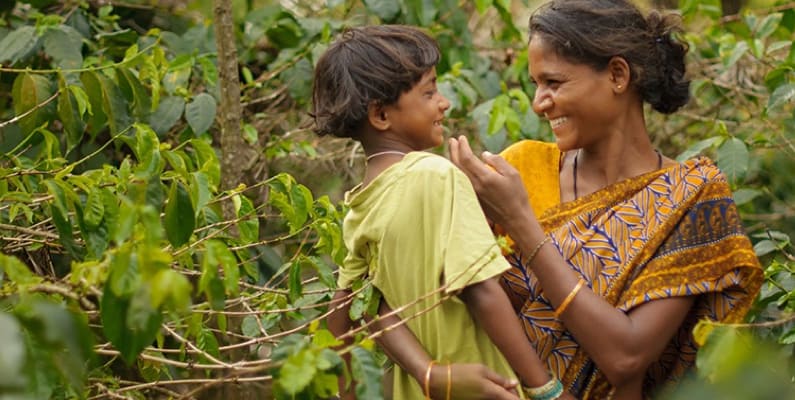Implementation Research Project on Maternal Health

Participation for Local Action: Implementation research with indigenous communities in southern India for local action on improving maternal health services
The overall study design employed is participatory action research (PAR) that brought together the community representatives, local NGO and researchers. Through the cycle of PAR, the community representatives went on a self-reflection journey to map the status of women in the community in accessing safe maternal health services, and identify issues or gaps that influenced access with possible reasons for them. With repeated discussions and workshops, the community researchers shared their analysis and offered possible community-led solutions that could help address these issues. A couple of solutions were taken up by the PAR team, and are currently being operationalized. Meanwhile a team of public health researchers is developing a theory-driven concept note about the implementation strategy taken on by the PAR team to understand and possibly explain their efforts and outcomes. In the coming months, the PAR team will implement the community-led solutions in Chamarajanagar district, which will be documented and monitored by a three-member team on a quarterly basis. For further updates about the study, please visit the project website.
The key output the study aims to deliver is locally customized solution/intervention to help improve implementation of safe maternal health services for women of tribal communities in Chamarajanagar district. The intervention is currently being developed by the PAR team and will be operationalized in September 2016.
In terms of written outputs, an interim report was released earlier this year as a mid-term deliverable to initiate documentation of project processes. A report of the community-led analysis of their status to accessing maternal health services, and a report on the maternal health services available for women of tribal communities in the district are in progress.
A photo-story and an organized session about the community-led analysis were part of the 3rd national conference on Bringing Evidence into Public Health Policy (EPHP)in July 2016 at Bangalore. Videos from this session will soon be available for viewing. The team will also be participating in the upcoming 4th global health symposium at Vancouver, Canada (EV4GH)via an e-poster and by participation in an organized session. The series of photo-stories developed during the study is also accepted to be on display during the global symposium.
Duration of project
December 2014 -September 2016
Study output
Final Technical Report of project
Study Team

Prashanth N S
Dr. Tanya Seshadri (Principal Investigator, Vivekananda Girijana Kalyana Kendra & The Malki Initiative)
Dr C Madegowda (Zilla Girijana Budakattu Abhivrudhhi Sangha, Chamarajanagar)
Dr. Vishweswariah (District Reproductive and Child Health Officer, Chamarajanagar)
Dr. S M Sadhana (Karnataka Health Systems Resource Centre)
Dr. Giridhara Babu (Indian Institute of Public Health, Hyderabad-Bengaluru campus)
Dr. Arima Mishra (Azim Premji University)
Dr. Bruno Marchal (Institute of Tropical Medicine, Antwerp)
Supported by
Latest updates

The Soliga Story
The Soliga people of southern India continue to live within and around forest areas. Their history, tradition, and culture are deeply rooted within the forests in which they live. In an increasingly globalised world, their ways and means slowly erode as they...

Introduction to Maternal Health of a Tribal Community in South India
Introduction to Maternal Health of a Tribal Community in South India: Tribal communities in India are among the worse off with respect to maternal and child health. In India, only one among three deliveries of tribal mothers is considered a safe delivery, while...
